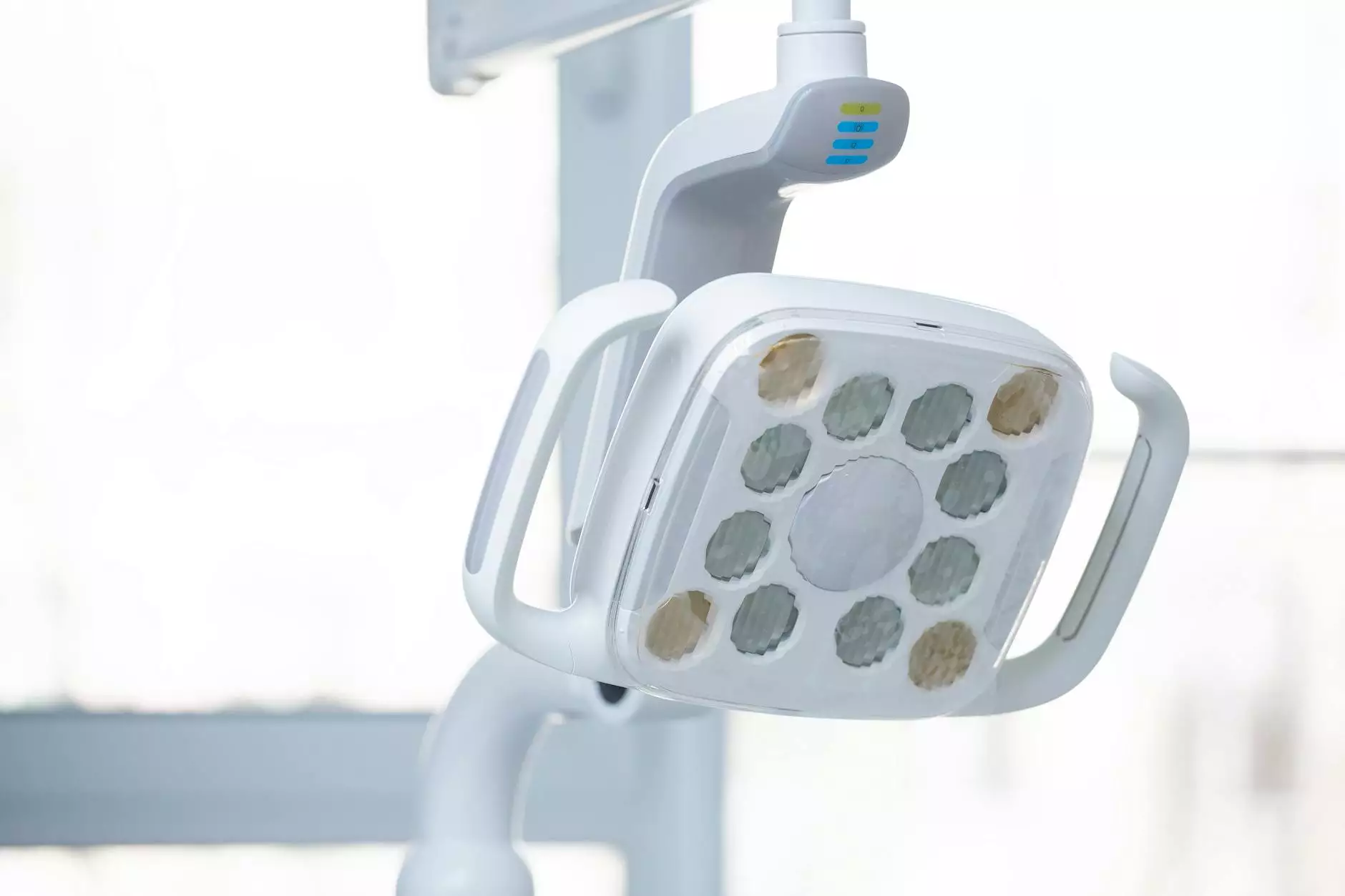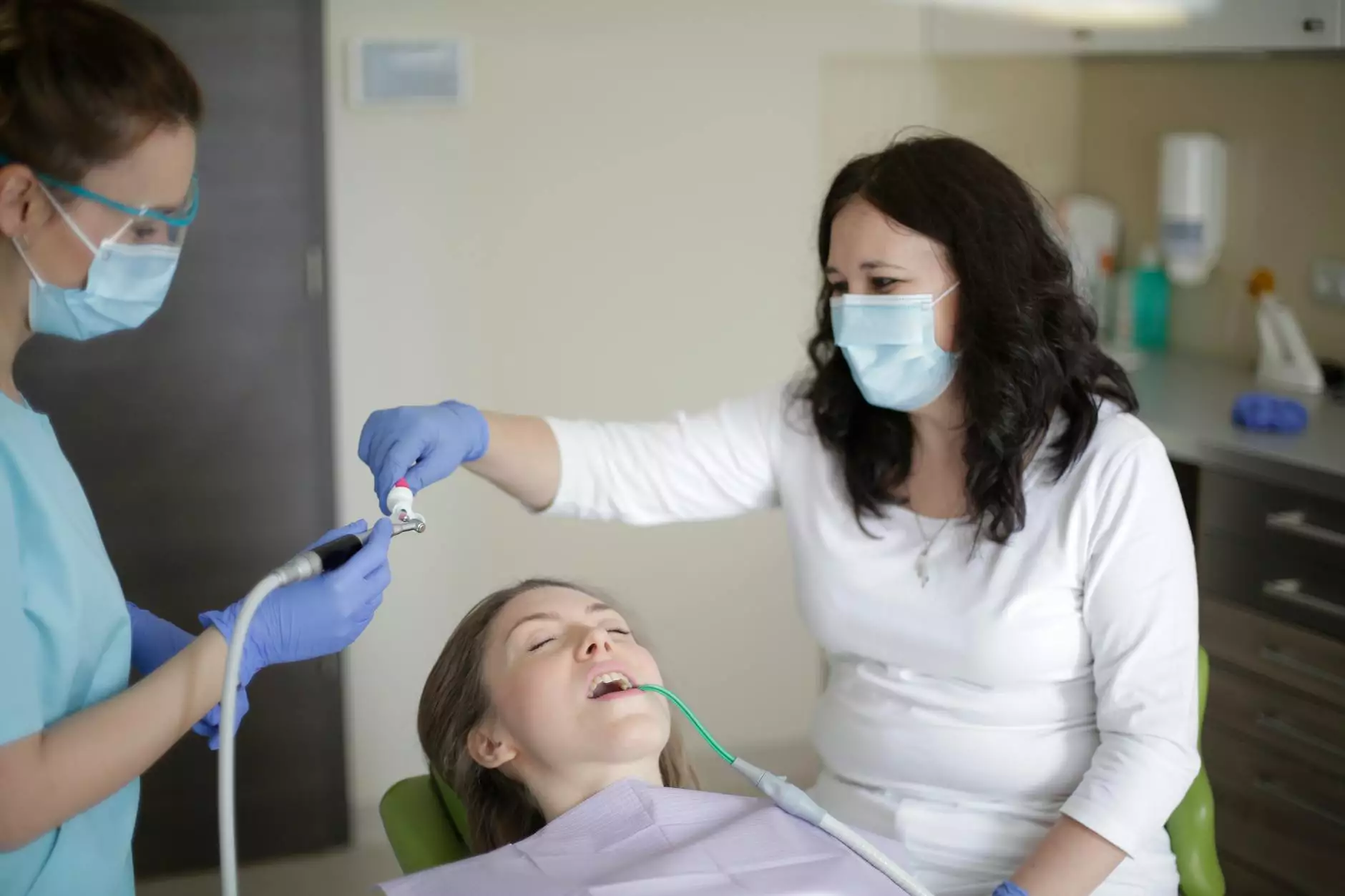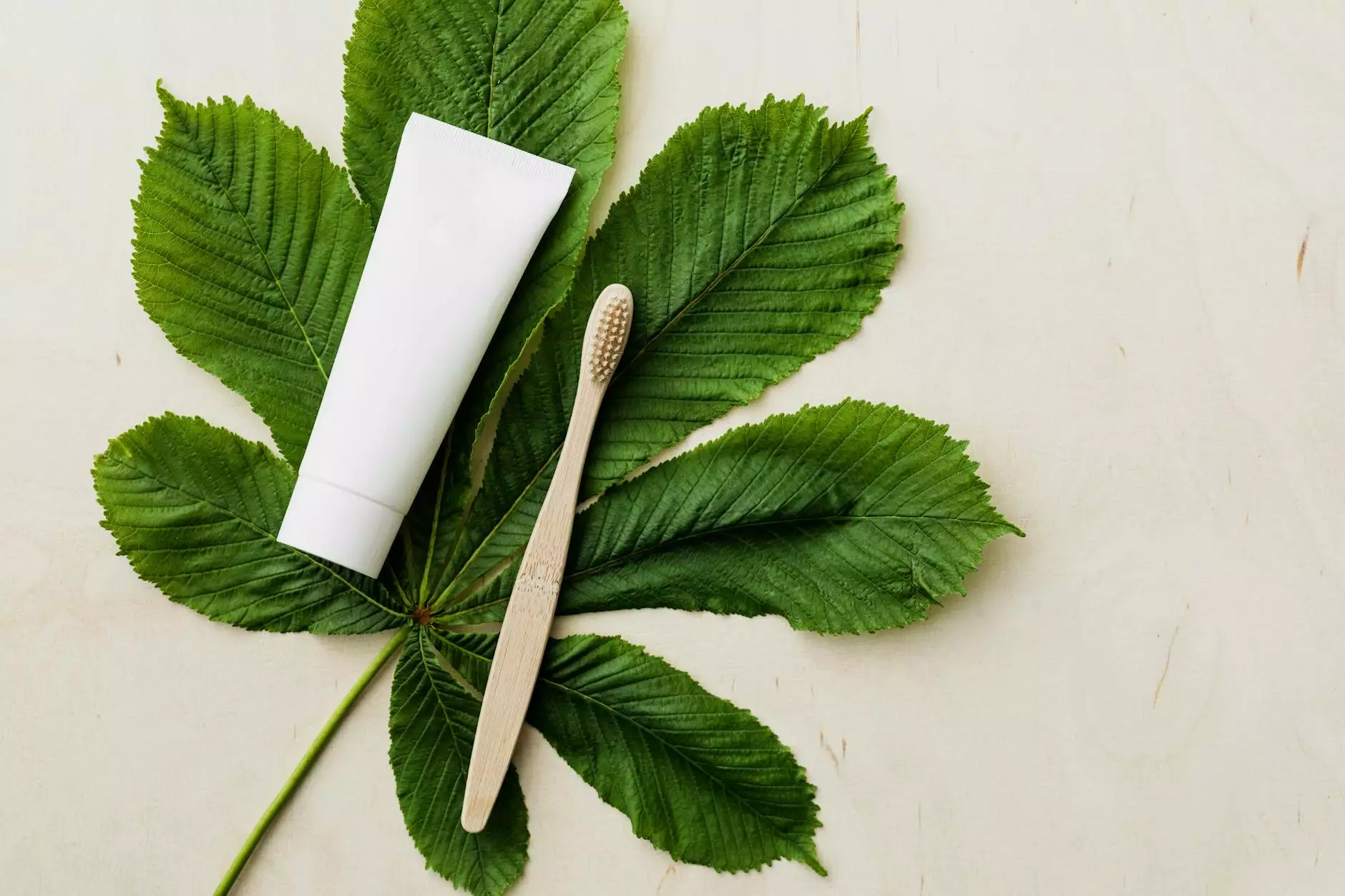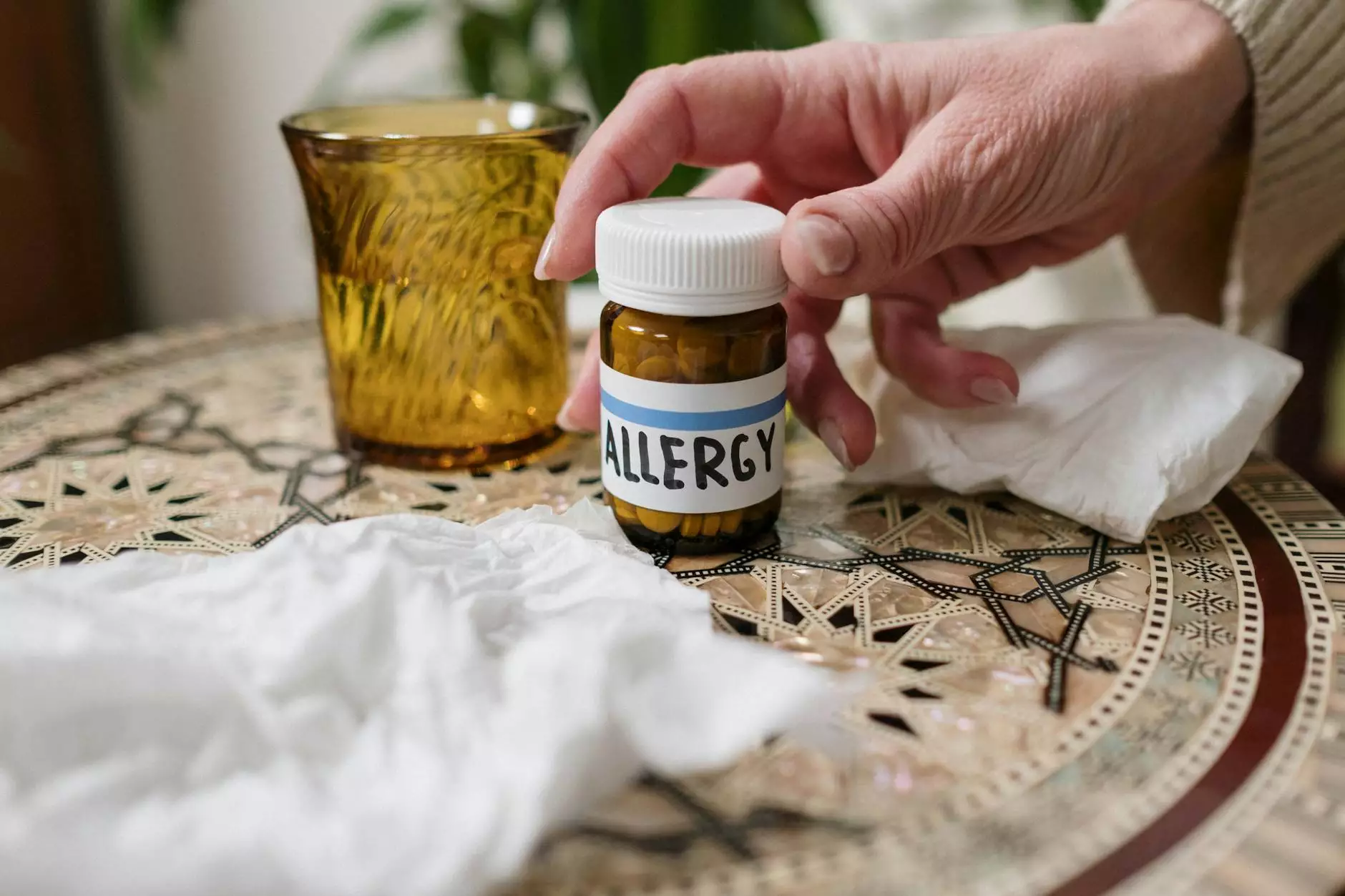Instructions for Patients following Periodontal Surgery
Oral Hygiene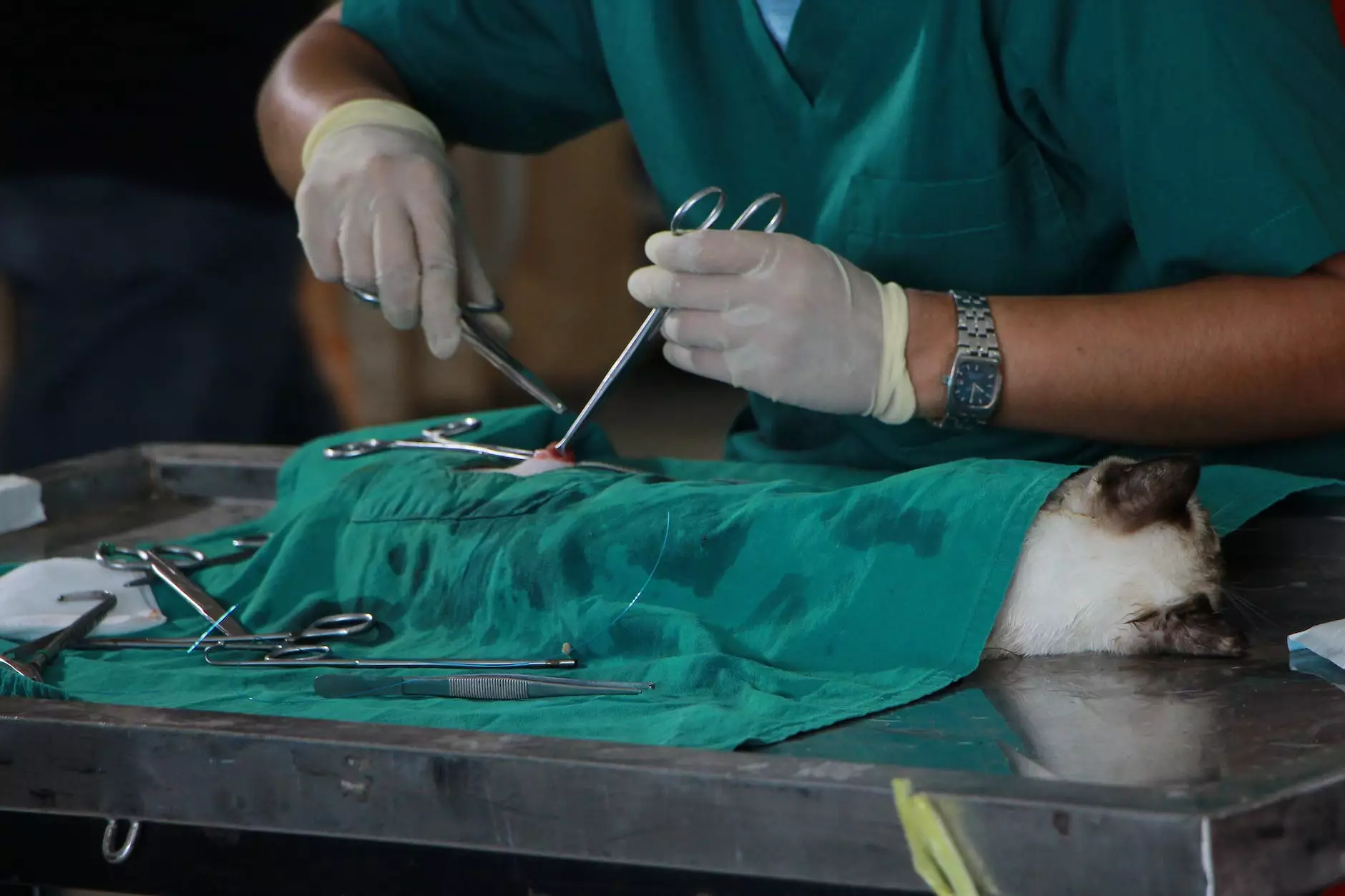
Introduction
Thank you for choosing Robert Miller, DDS for your periodontal surgery. We strive to provide exceptional dental care and ensure a smooth recovery process for our patients. This comprehensive guide will provide you with detailed instructions on how to care for your oral health after periodontal surgery.
1. Post-Surgery Care
After the surgery, it is important to follow these instructions carefully to promote healing and minimize any potential complications:
a. Managing Discomfort
You may experience some discomfort and swelling after the surgery. To manage this:
- Take the prescribed pain medication as directed by your dentist.
- Apply a cold compress to your face over the surgical area to reduce swelling.
- Avoid strenuous physical activities that may increase bleeding or discomfort.
b. Oral Hygiene
Maintaining good oral hygiene is crucial for a successful recovery. Follow these tips:
- Gently brush your teeth using a soft-bristle toothbrush.
- Rinse your mouth with a saltwater solution (1 teaspoon of salt dissolved in 8 ounces of warm water) after meals and before bed.
- Avoid brushing directly on the surgical site for the first few days.
- Avoid using mouthwash containing alcohol as it may irritate the surgical area.
2. Dietary Guidelines
Your diet plays an important role in the healing process. Follow these dietary guidelines:
a. Liquids and Soft Foods
For the first few days, stick to a liquid or soft food diet to avoid putting excessive pressure on the surgical site. Opt for:
- Smoothies
- Soups
- Mashed potatoes
- Yogurt
- Puddings
b. Avoid Chewing on the Surgical Side
Avoid chewing on the side of your mouth where the surgery was performed. This reduces the risk of dislodging any stiches or causing irritation to the surgical area.
3. Follow-Up Appointments
It is important to attend your scheduled follow-up appointments with Robert Miller, DDS. These appointments allow us to monitor your healing progress and address any concerns you may have. Our team is committed to providing you with the best care possible.
4. Signs of Complications
While complications are rare, it is important to be aware of any signs that may indicate a problem. Contact our office immediately if you experience:
- Excessive bleeding that does not subside with gentle pressure.
- Severe pain or discomfort that is not relieved by prescribed medication.
- An increase in swelling or redness around the surgical site.
- An elevated temperature.
- Pus or discharge from the surgical site.
Conclusion
By following these post-surgery instructions provided by Robert Miller, DDS, you will promote a smooth recovery process and minimize any potential complications. Should you have any questions or concerns, please do not hesitate to contact our office. Your oral health is our top priority, and we are here to support you every step of the way.


